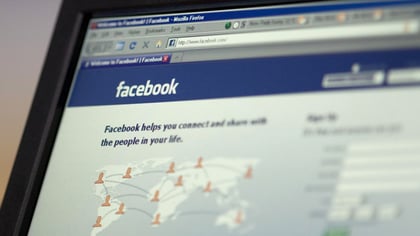There has probably never been a more fitting time to know exactly what’s in the ETFs and mutual funds your clients own. That’s because, as of today’s market open, some of the biggest names in technology including Facebook and Google will no longer be classified as such.
Major changes in the Global Industry Classification Standard (GICS), developed by MSCI and S&P Dow Jones Indices, have reclassified those stocks.
Facebook and Alphabet, the parent company of Google, move to the new communications sector, joining AT&T and Verizon.
The new sector combines networks and content from the telecommunications, information technology, and consumer discretionary sectors. It’s the second major change in GICS classification system in two years when real estate was removed from financial services to become its own sector.
(Related: Real Estate to Become Its Own S&P 500 Sector)
In the latest reclassification, Netflix, Comcast and Disney also move to the new communications sector, but from consumer discretionary, where Amazon will remain, joined by Alibaba Group and eBay from the technology sector.
“The changes are a step towards acknowledging the convergence of telecommunications, media, and select internet companies and the overlapping services rendered by these companies, within the GICS Structure,” S&P wrote in a note.
(Related: Big Index Changes Are Coming Soon, and Many Advisors Are Unaware)
Comcast, for example, provides home and cell phone service through its Xfinity division, competing against AT&T and Verizon, but it is also a broadcasting company, which acquired NBC Universal, competing against AT&T, which owns Time Warner.
Verizon owns Yahoo, a competitor to Google, which owns the Android operating system for cell phones.









 September 24, 2018 at 10:16 AM
September 24, 2018 at 10:16 AM











